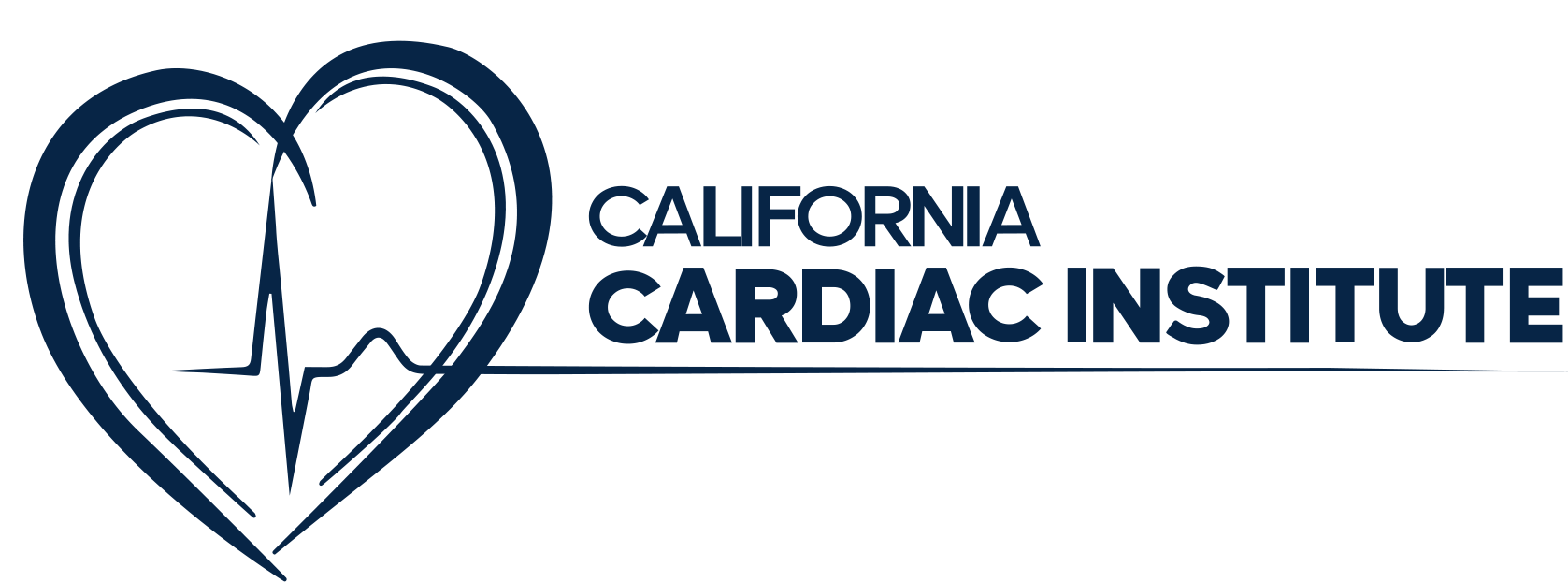High cholesterol often develops silently, but it can place you at serious risk for heart disease. You may notice fatigue, chest pain, or even shortness of breath. At California Cardiac Institute, we empower you to take action early and protect your heart health.
What is High Cholesterol?
High cholesterol occurs when excess fatty substances, known as lipids, build up in your blood. Over time, these deposits can narrow or block arteries, restricting blood flow to your heart and other organs. Because high cholesterol does not usually cause symptoms, it is often referred to as a “silent” condition. However, if left unmanaged, it greatly increases your risk of heart attack, stroke, and other cardiovascular diseases. Regular check-ups and preventive care are essential to detect and manage cholesterol early.

Signs & Symptoms of High Cholesterol:
- Often has no obvious symptoms until serious complications develop
- Chest pain or angina due to narrowed coronary arteries
- Shortness of breath during physical activity
- Fatigue or weakness linked to reduced blood flow
- Leg pain or cramping, especially when walking (peripheral artery disease)
- Yellowish deposits around the eyes or on the skin (xanthomas)
What Causes High Cholesterol?
High cholesterol develops when your body has more cholesterol than it can use, causing excess amounts to circulate in your blood. Over time, this cholesterol can attach to artery walls, forming plaque that narrows or blocks blood flow. While some people are genetically predisposed, several risk factors may contribute to high cholesterol levels, including:
- Eating a diet high in saturated and trans fats
- Lack of regular physical activity
- Being overweight or obese
- Smoking, which lowers “good” HDL cholesterol
- Excessive alcohol use
- Chronic conditions such as diabetes, hypertension, or kidney disease
- Family history of high cholesterol or early heart disease
Heart Conditions Can't Wait
When high cholesterol is left untreated, fatty deposits continue to build up inside your arteries, silently restricting blood flow. This process, known as atherosclerosis, can eventually cause life-threatening complications. Blocked arteries increase your risk of heart attack, stroke, and even peripheral artery disease. Even without noticeable symptoms, damage is happening over time, placing unnecessary strain on your heart and circulatory system. Early detection, lifestyle changes, and medical management are essential to protect your health.
How is High Cholesterol Diagnosed and Treated?
When you come in for a consultation, we begin with a thorough review of your medical history, lifestyle, and family background. Our physicians will perform a physical exam and order a simple blood test, called a lipid panel, to measure your cholesterol levels. Using advanced diagnostics, including state-of-the-art imaging such as a cardiac PET scan when needed, we can assess your cardiovascular risk with precision and curate a personalized treatment plan.
Your treatment options may include:
- Lifestyle guidance on nutrition, exercise, and weight management
- Medications such as statins or other cholesterol-lowering therapies
- Smoking cessation support and alcohol moderation strategies
- Advanced diagnostic imaging for ongoing monitoring
- Preventive cardiology programs to promote overall heart health

Schedule Your Consultation
California Cardiac Institute is dedicated to helping you protect your heart health through early detection and preventive care. If you are experiencing symptoms such as chest pain, fatigue, or shortness of breath, please come in for a consultation. Our physicians combine advanced diagnostics with lifestyle-focused prevention to promote longevity. We offer same-day appointments and accept walk-ins for your convenience. Schedule your consultation for high cholesterol in Glendale, California, today to safeguard your future health.

